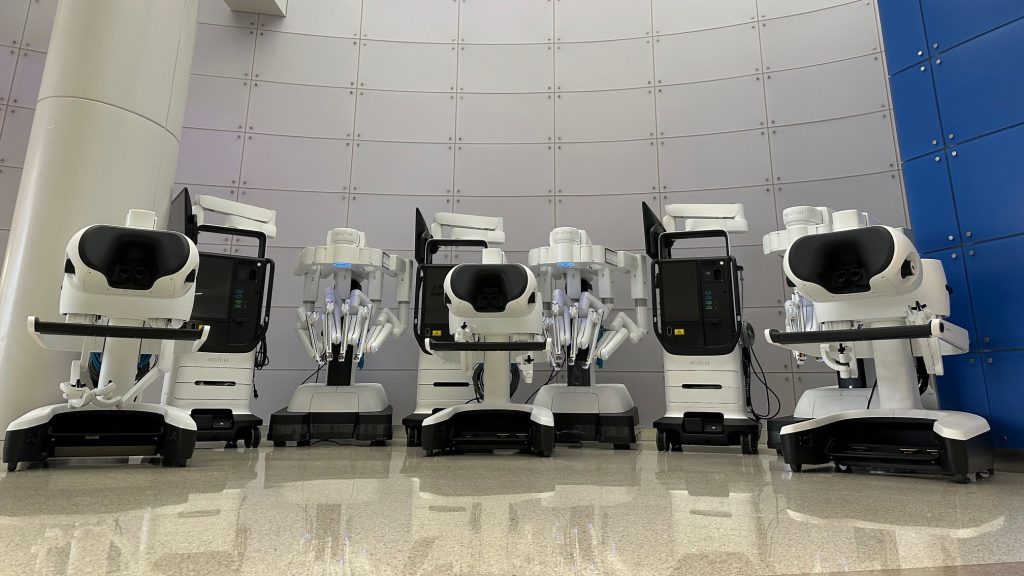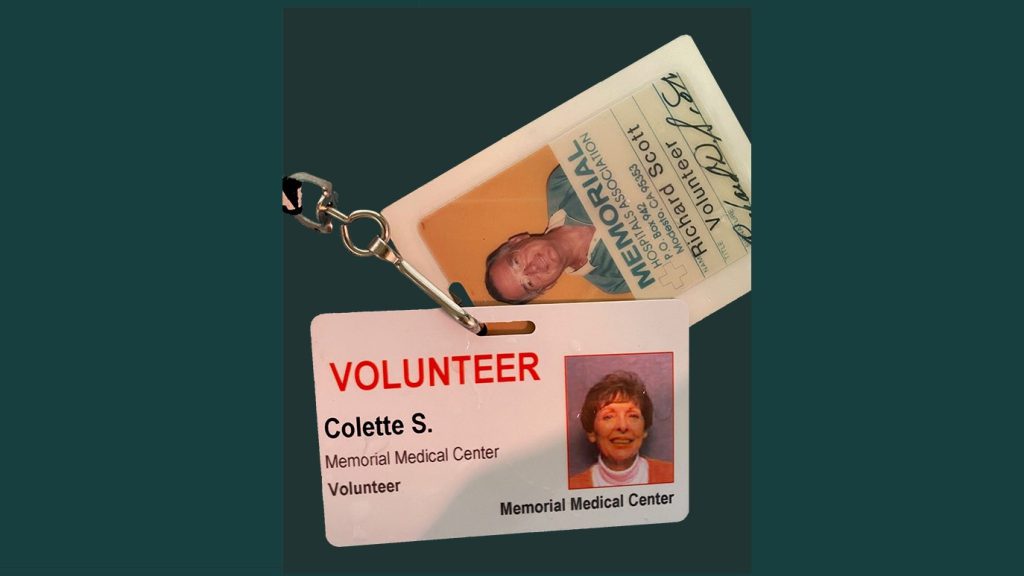Little is known about COVID-19 in pregnancy and particularly whether it disproportionately impacts minorities. Now researchers with Northern California-based Sutter Health have launched a study to help shed light on the prevalence of COVID-19 in patients about to give birth. By testing for antibodies, the team hopes to determine whether exposure to the SARS-CoV2 virus differs by race, ethnicity or other factors.
Researchers with the not-for-profit healthcare system’s Advancing Health Equity program are leading the nine-month study, called the Maternal Covid-19 Antibody Race and Ethnicity (CARE) Study. Among the first of its kind in the U.S.,* Sutter’s Maternal CARE Study aims to increase understanding of whether and how COVID-19 exposure during pregnancy differs by race and ethnicity. The study will look at maternal health indicators including number of weeks of gestation, method of delivery (vaginal or C-section), length of stay and postpartum depression, among others.
“Sutter Health is a recognized national leader in healthcare quality and we consider health equity to be a component of quality. We believe the Maternal CARE Study is a first step in understanding the health equity gap for pregnant patients of color,” says Sutter Health Chief Medical Officer Stephen Lockhart, M.D., Ph.D., and one of the lead investigators for the study. “The more caregivers learn how the spread of COVID-19 affects pregnant women of diverse races and ethnicities, the better we can care for these patients and the more lives we can save through targeted interventions and solutions,” says Lockhart.
According to Alice Pressman, Ph.D., M.S., director of Sutter’s Center for Health Systems Research, and a lead investigator of the study, “Sutter Health is ideally suited to conduct the study because of our diverse patient population and the fact that about 32,000 babies are born across our network each year.”
The Northern California-based health system cares for one of the most diverse patient populations in the country, with 54% of patients self-identifying as non-white. Sutter’s integrated network of 3 million ethnically, economically and geographically diverse patients is a microcosm of the rest of the nation.
Sutter’s Maternal CARE Study began enrolling participants in July 2020 and will continue through March 2021.
“The information we glean from the Maternal CARE Study could potentially give us significant insight into COVID-19 and how exposure impacts diverse groups during pregnancy,” says Pressman. “The hope is through greater understanding of COVID-19, we can get ahead of the disease and save lives.”
Straightforward Process for Gathering Samples
The process is straightforward for pregnant Sutter patients who consent to join the study. When a pregnant woman comes to the hospital to give birth, a small extra blood sample is collected during the required routine blood tests at admission. The blood sample is then tested for antibodies which show whether a person has had COVID-19 in the past.
Precision Medicine and the Sutter Health Biobank Make the Maternal CARE Study Possible
Gregory Tranah, Ph.D., director of Precision Medicine at Sutter and a lead investigator of the study says, “One key to running a relatively large study like the Maternal CARE Study is the ability to properly collect, store and analyze biological samples. Sutter is prepared to handle these requirements thanks to our adoption of the precision medicine medical care model and having our own biobank.”
Says Tranah, “We anticipate the data from the study will lead us to useful insights that improve and provide more equitable care for pregnant women of color across the country.”
*A University of Pennsylvania study of nearly 1,300 women over a three-month period earlier this year found that Black and Latinx pregnant women in Philadelphia are five times as likely as their white counterparts to have been exposed to COVID-19.





